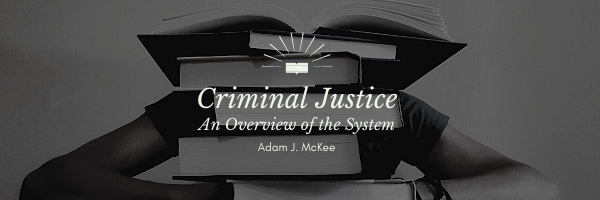[ Go to the Text Section | Index ]
Assign This Section
Reading Assignment for Section 7.1
Read the following subsection from our online textbook: Section 7.1: Classical Theories in Criminal Justice.
What You Will Learn
In this section, you will explore the foundational ideas of classical criminology, learning about the role of free will, rational choice, and deterrence in shaping criminal behavior. You’ll dive into the contributions of key figures like William Blackstone, Cesare Beccaria, and Jeremy Bentham, understanding their impact on the development of criminal justice theories and practices. Additionally, you’ll uncover the concept of natural law and its influence on legal systems throughout history.
Student Learning Outcomes for Section 7.1
- SLO 1: Define classical criminology and explain its core principles, including free will, rational choice, and deterrence.
- SLO 2: Summarize the contributions of William Blackstone to the development of criminal justice theory and legal systems.
- SLO 3: Explain the concept of natural law in the context of criminology and its influence on legal systems.
- SLO 4: Describe Cesare Beccaria’s criticisms of the prevailing criminal justice system of his time and his proposals for reform.
- SLO 5: Analyze Jeremy Bentham’s utilitarian philosophy and its application to criminal justice, including the Panopticon concept.
Last Updated: 07/15/2024
